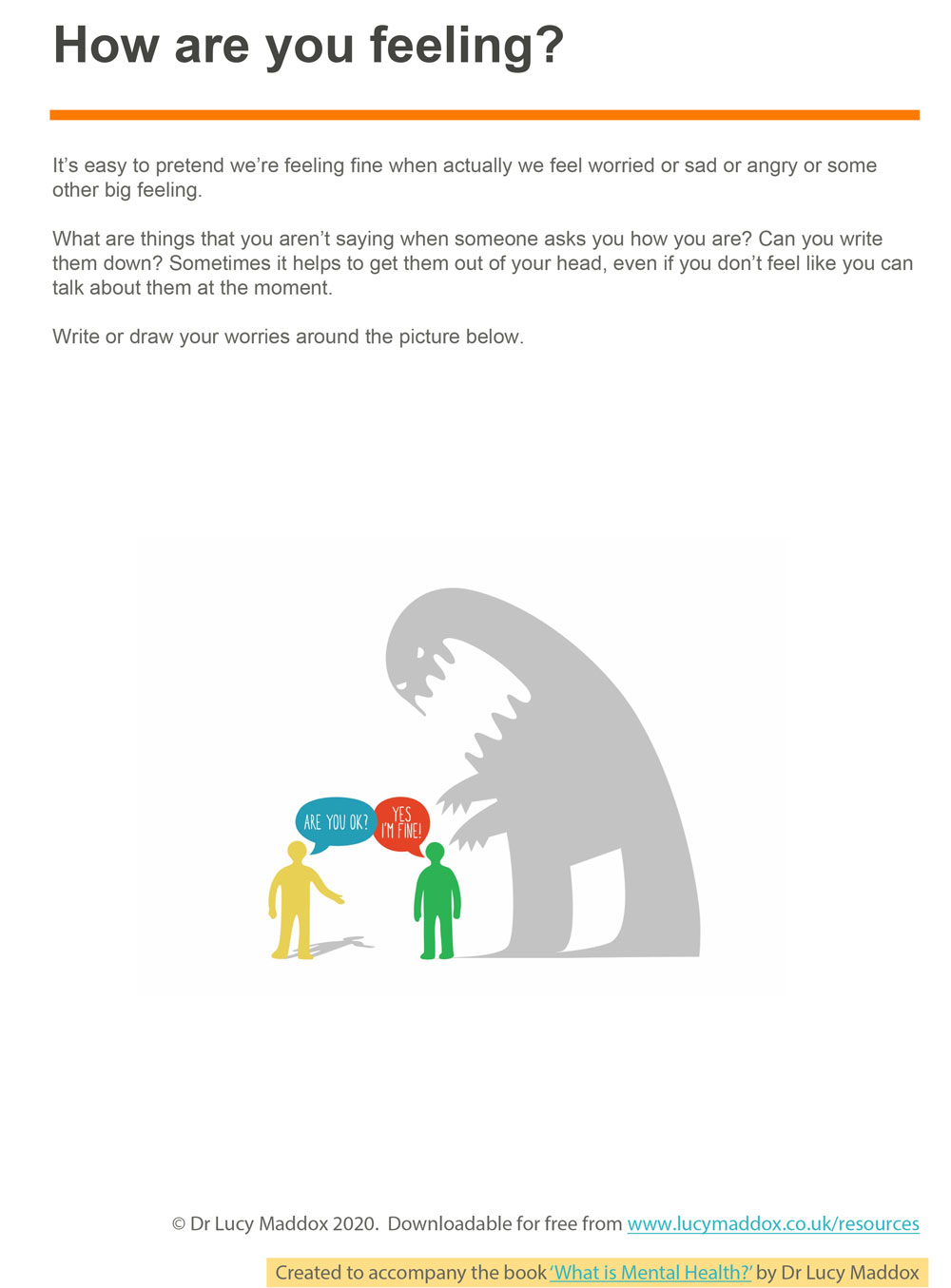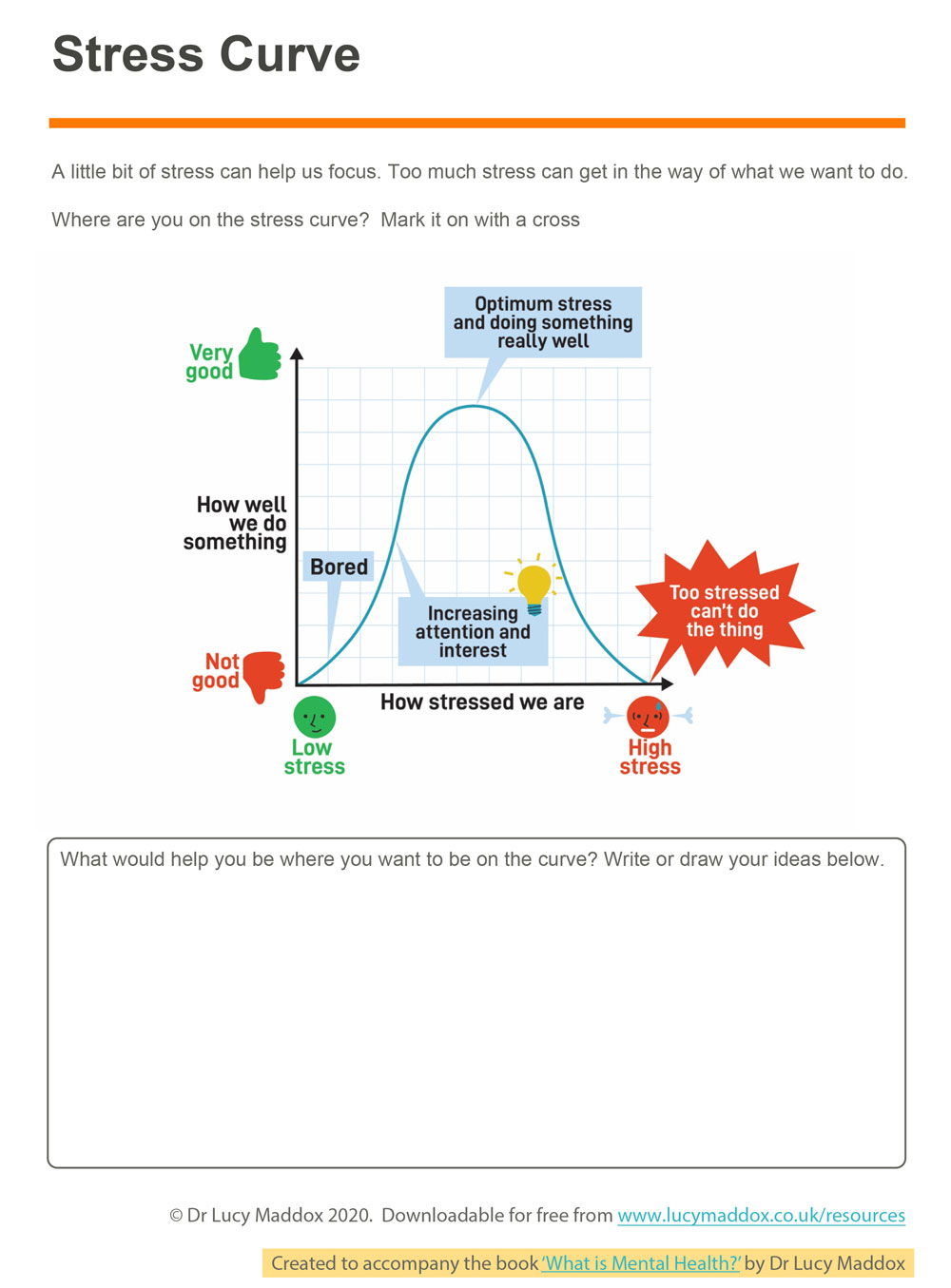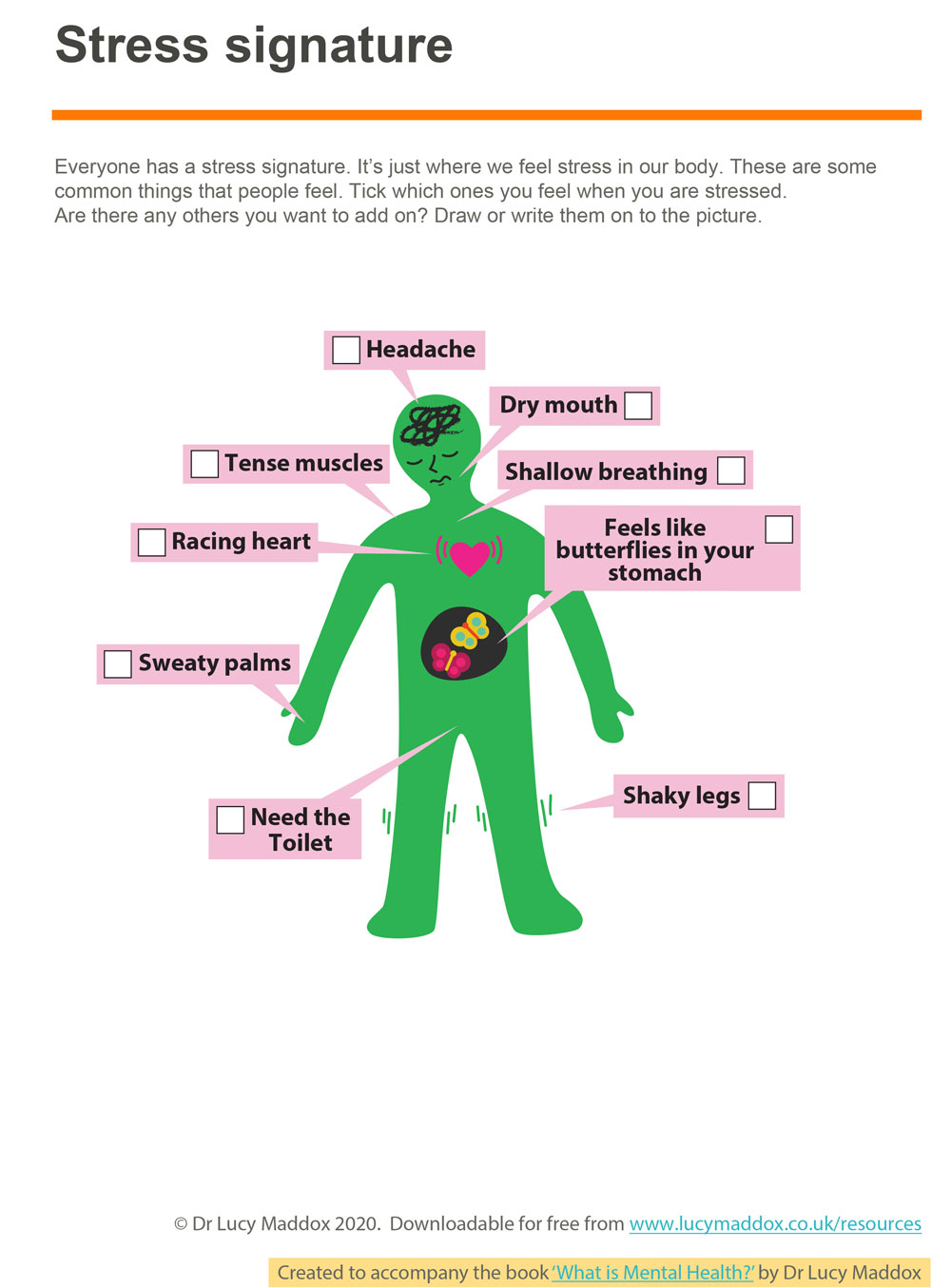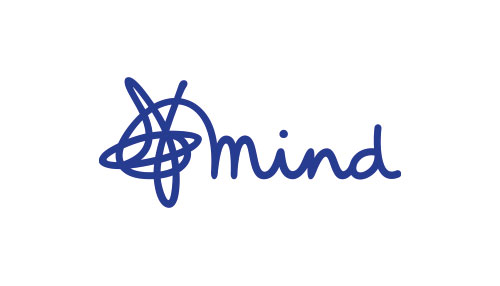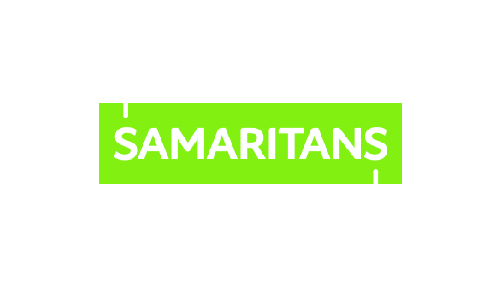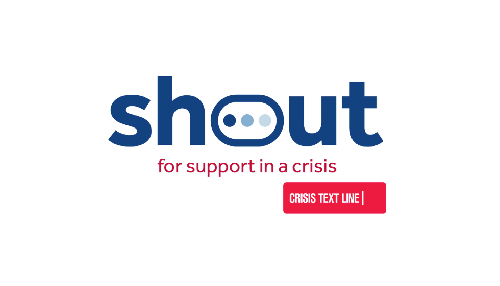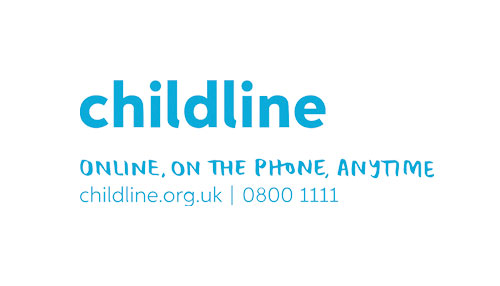Support
How to have difficult conversations
We’ve pulled together some resources to help you have a good conversation. There’s advice, tools and resources to help start a difficult conversation, quick guides on topics that might come up, and information about where to go if you need further support.
Opening frame shows a speech bubble graphics with the text 'How to have a difficult conversation. Developed with YoungMinds.' Presenter Charlene White stands in front of the ITV News desk, with camera equipment and a TV screen visible behind her.
Direct to camera, she says "You have to think about the way in which you use your voice, which is something I have to think about every single day when I'm talking in this studio and I'm talking to an audience. It has to come with warmth and caring and understanding".
Be honest with the words you use, and honesty is hugely, hugely important because you want your kids to feel as though they can trust in you, and trust you with the information that they're giving you.
You know, I cook when I'm talking with my child so he doesn't feel as though he's having a big grand sitdown with his mum. We're doing something we love doing together, and then we talk as we are doing it, something that we've always done in our family. Always make them feel as if they are doing something hugely positive by even just sitting down with you and having that conversation. Make them feel loved."
Britain Get Talking logo.
Top tips from parents
"It's easy to think children and young people aren't aware of the things we're worrying about as a parent, but they often pick up more than we think, or they might have other worries of their own."
Dr Lucy Maddox, Consultant clinical psychologist

Practical tools to help young people open up
Our homework task asks people to think about writing or drawing their worries to help kickstart a conversation. We’ve also enlisted Dr Lucy Maddox, a consultant clinical psychologist, to provide some additional visual tools to help you navigate those tricky conversations and encourage young people to open up. If you can’t print these, don't worry, they can also be used as verbal cues to help young people express what’s on their minds.
Looking for more tips and advice on how to start the conversation?
Click here for more resourcesTopics that might come up
As parents, we don’t always have the answers. Here is an alphabetical list of handy guides from our charity partners to help you navigate some of these trickier conversations.
Getting further support for your child
If you’re worried about anything that your child has said, seek out further support from an expert. Below is a list of the key charities and helplines available to help with your child’s mental health.
YoungMinds is a mental health charity for children, young people and their parents making sure all young people can get the mental health support they need. You can call their Parents Helpline on 0808 802 5544, Monday-Friday 9:30am - 4:00pm.
Mind provides advice and support to empower anyone experiencing a mental health problem. Mind campaigns to improve services, raise awareness and promote understanding. You can call their Infoline on 0300 123 3393, Monday-Friday 9:00-6:00pm.
The Scottish Action for Mental Health charity operates over 70 services in communities across Scotland, providing mental health social care support, addictions and employment services, among others. You can call their Information Service on 0344 800 0550, Monday-Friday 9:00-6:00pm.
Samaritans is a charity dedicated to reducing feelings of isolation and disconnection that can lead to suicide. You can call their 24 hour helpline on 116 123.
Childline is a counselling service provided by the NSPCC for children and young people. You can call their 24 hour helpline on 0800 1111.
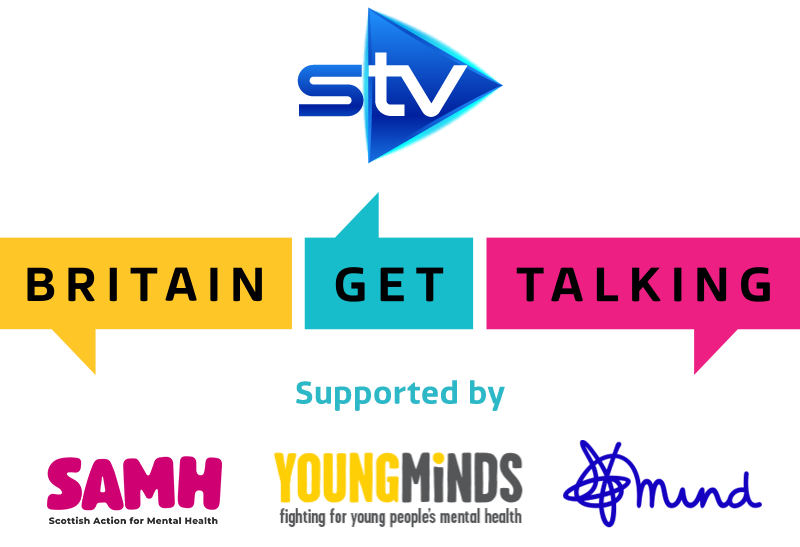
By using this site, you agree we can set and use cookies. For more details of these cookies and how to disable them, see our cookie policy.
Terms of Use | Privacy Notice
© Copyright STV plc
